Day Job and Author Life: The Ultimate Juggling Act
Real talk about money and publishing
In This 6-Minute Issue:
My day job story
Real talk about money and publishing and adjuncting
Upcoming writing classes
Funny memes as palate cleansers for an otherwise difficult conversation
I worked a full-time day job for 8+ years while building my writing career, finally quitting early last year. That day job provided financial security, healthcare, and, honestly, a nice respite from being a writer. Working a menial retail job allowed me to save my creativity for my writing.
That day job paid $22/hour, plus health care (for me and my partner!) and free workouts. My friend and fellow author is a “full-time” adjunct professor in NYC, makes around $35/hour teaching for CUNY schools. One time we added up the hours she commutes, teaches, grades, creates lectures, and the various other tasks associated with adjuncting.
We then divided those hours by her $35/hour adjunct rate, only to learn that I made more folding yoga pants and I had health care. It was an eye-opening conversation that showed how poorly adjunct professors are paid and undervalued. She’s a doctor of anthropology who teaches at prestigious NYC universities like Hunter and Fordham, yet she doesn’t even make minimum wage.
I share this heartbreaking slice of American Author Life because I believe it’s important to discuss the realities of the modern workforce and how they intersect with pursuing our creative endeavors professionally.
Which leads me to this week’s question from
, a wonderful writer who recently took my book proposal boot camp. She asks about the logistics of writing a book while working a day job.The Q
You mentioned in your book proposal class that having a day job while writing your book is important. I work 50 hrs/week as a receptionist and would love to write a book someday. I don't think financially I could swing returning to multiple part-time jobs to allow more time in my day-to-day schedule for writing.
I also remember how you said that even if you get a book deal tomorrow, it won't drop until 2026. It's also becoming increasingly clearer that just because you get a book deal doesn't mean you can quit your day job and be financially thriving. What advice do you have for dealing with the reality of needing to keep your day job while also trying to write a book beyond just taking more classes?
-Emily
The A
There are so many excellent points in Emily’s question, so I’ll address them individually.
I keep thinking about how you said that even if you get a book deal tomorrow, it won't drop until 2026.
Emily is referencing my mention of how glacial the publishing industry moves. I got my book deal in fall 2021, signed my contract in summer 2022, and the book came out in fall 2023. My publisher referred to this as “fast-tracked” because they knew how topical my book was.
While every author has a different publishing timeline, I share mine with students (and readers!) so they can have realistic expectations about publishing their first book. Publishing a book is the opposite of a get-rich-quick scheme because it’s not quick, and authors rarely become rich just from writing a book.
It's also becoming increasingly clearer that just because you get a book deal doesn't mean you can quit your day job and be financially thriving.
Yes, this is 100% accurate. I talk to professional writers daily (authors, journalists, editors, etc.… ). We all either work a day job or learn how to juggle the chaotic world of being a full-time contract worker, which leads me to your next point.
I don't think financially I could swing returning to multiple part-time jobs to allow more time in my day-to-day schedule for writing.
I totally get that. I also want to reiterate my point that being a full-time writer *is* juggling a bunch of jobs and contracts and invoices and interviews and terrible health care and extremely porous work-life balance boundaries1.
Every author I know also does various contract work (freelance writing, adjuncting, sex work, nannying, brand partnerships, event production, copywriting, public speaking, podcasting, teaching virtual courses, etc..) I’m a professional author, but I also juggle most of the aforementioned side hustles.
I also know authors who work full-time “regular” jobs, treating their writing as a creative hobby that sometimes brings in money. Not every author tries to “make it” as a career writer. There are countless reasons to write a book.
What advice do you have for dealing with the reality of needing to keep your day job while also trying to write a book beyond just taking more classes?
Lisa Smith, author of Girl Walks Out of a Bar (and my bestie/podcast cohost!), woke up every morning at 5 am to write for one hour before working as an NYC lawyer. I took a six-week sabbatical from my day job while on a deadline to finish my book. Find ways to prioritize your writing in a world that demands a lot from you.
The reason I recommend taking classes is because that’s the only thing that worked for me until I hired a book proposal coach. I needed real-time accountability and deadlines from either a teacher or a coach.
I had to rearrange my financial priorities and time commitments to make writing my book possible. Saying yes to writing a book means saying no to other opportunities.
Also, pitch freelance pieces!
has a great pitching class coming up. Now is a great time to pitch editors at magazines/websites/Substacks. Get your voice out there. It will also help you get used to rejection, which is a *big* part of an author's life. Attending local literary events is another great way to stay connected to the literary community, inspiring me to write. Oh, and find a writing buddy or writing group!And as I say, in every writing class I teach… let yourself write bad2. Getting words out of your head and onto the page is truly the only way to write a book.
Upcoming Classes
I teach two styles of book proposal classes. Book Proposal 101 is a one-night event covering the basic elements of a book proposal, while my Book Proposal Boot Camp is a six-week intensive for folks ready to write their proposal.
Book Proposal 101 VIRTUAL August 1, 7-9EST
Want to write a nonfiction book but have no idea where to start? This course will help you understand what a book proposal is and how to actually enjoy writing one.
Whether you're pitching a nonfiction book or a nonfiction card deck, Book Proposal 101: Stop Dreading It and Start Writing It will help you feel empowered by the proposal process rather than overwhelmed.
OK, you might still feel overwhelmed, but you can totally do this!
Book Proposal Boot Camp VIRTUAL September 5th - October 10th, 7-9 EST
This 6-week intensive course picks up where the 101 class left off. In a virtual group setting, students meet with me for two hours a week to finally dust off that old Google Doc and get to work. Each week is structured so students can focus on one aspect of a book proposal at a time rather than feeling overwhelmed by the whole thing at once.
Each session ends with a 20-minute Q&A where students can ask about publishing, proposals, finding an agent, preorder campaigns, and book marketing.
Support My Work
If this advice was helpful to you, please consider supporting my work in the following ways:
XO,
Tawny
Another form of recovery that I take one day at a time.
This life-changing advice from poet and NYU professor Ruth Danon is why my book exists today.





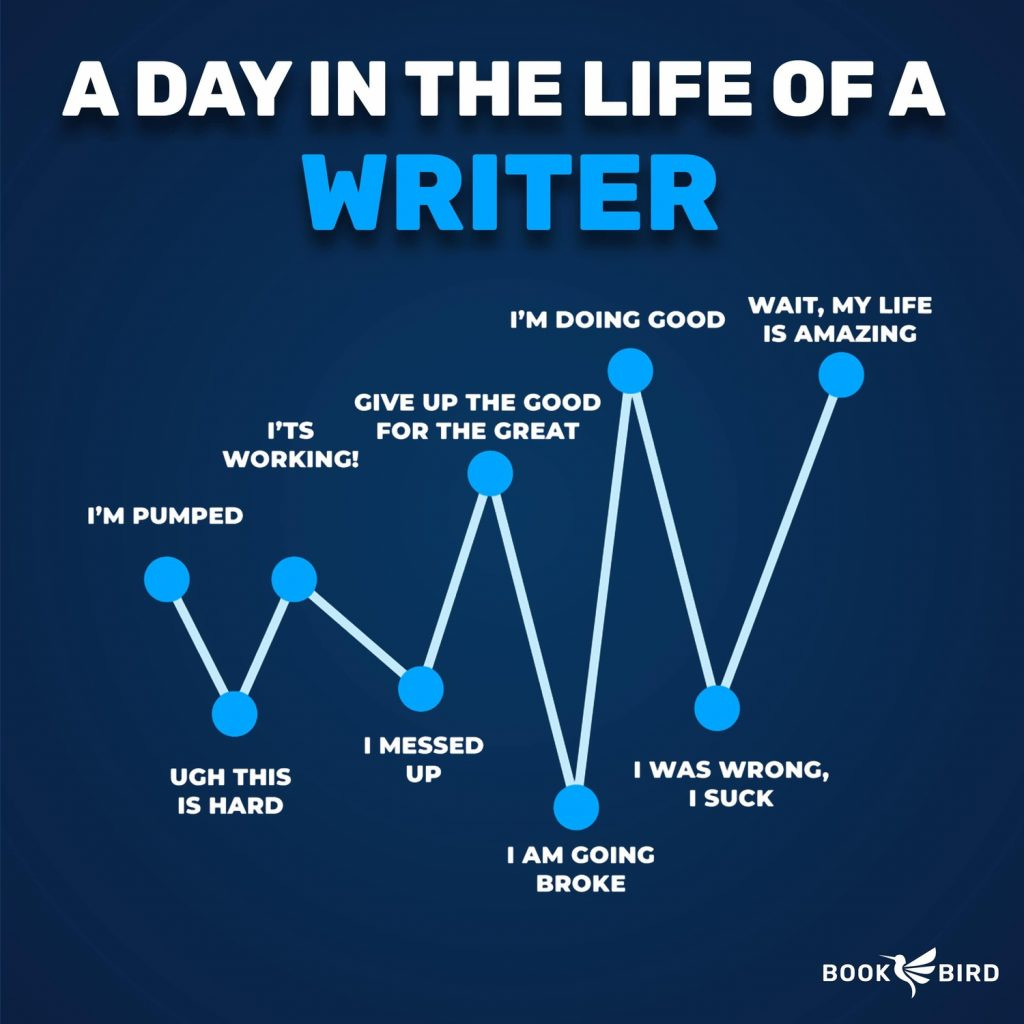
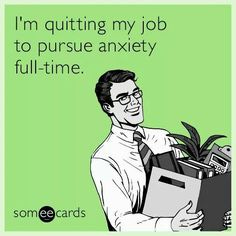
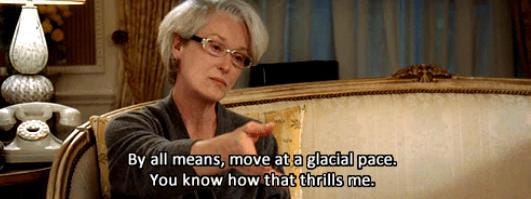

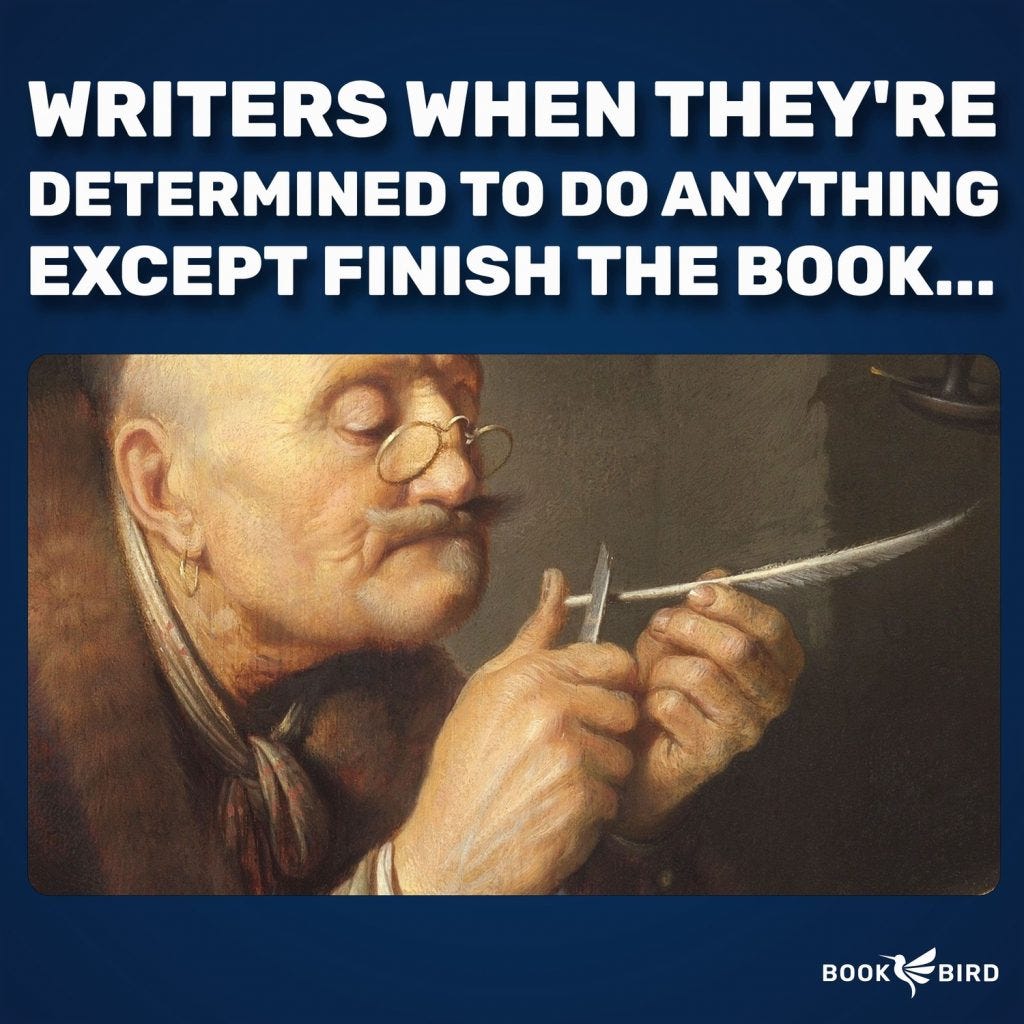
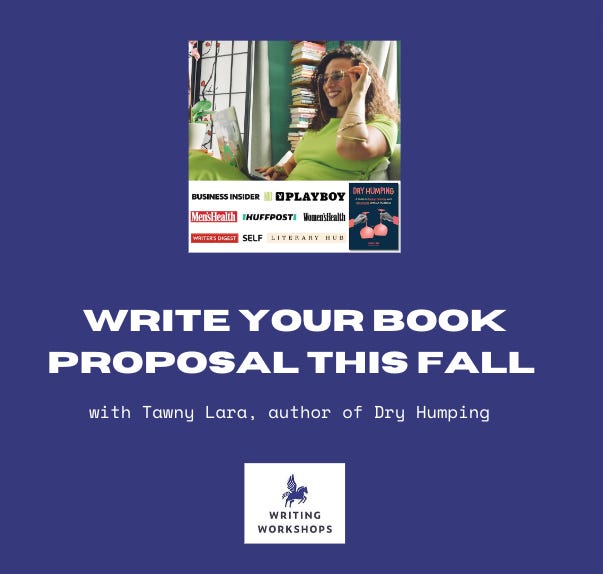

So much good advice here. I think it's such a common misconception that writers who become authors just write books for a living rather than cobbling together 10 part-time jobs. You have to be SO MOTIVATED to make that life work for you.
Will definitely be sharing your proposal boot camp in my next newsletter. I thought I'd have mine up and running this fall, but I'm revamping my six week pitching course instead and working with folks 1:1 for proposals because I like getting into the work with them.
Such smart advice! I think it’s unrealistic and sets people up for feeling bad about themselves to think a book is a magical ticket to financial riches. It can be for a rare few but even those who get huge deals eventually probably have to work other jobs.
Some things I’ve found that helped me build community and are attractive to publishers are starting a reading series (or another type of public event) and starting a publication. Mine is Open Secrets (opensecretsmag.substack.com). Both of these can be very time consuming so that’s something to consider, but I think any time you can build your author brand alongside other authors, it gives you a great way to have camaraderie with others in your field and potentially attract media attention. If a reading series is too much, maybe a one-off reading or party or event around your writing theme and making sure you notify all local media/blogs/etc. I think it’s helpful to do those platform building things before you get a book deal so they’re there for you to leverage when your book is coming out.